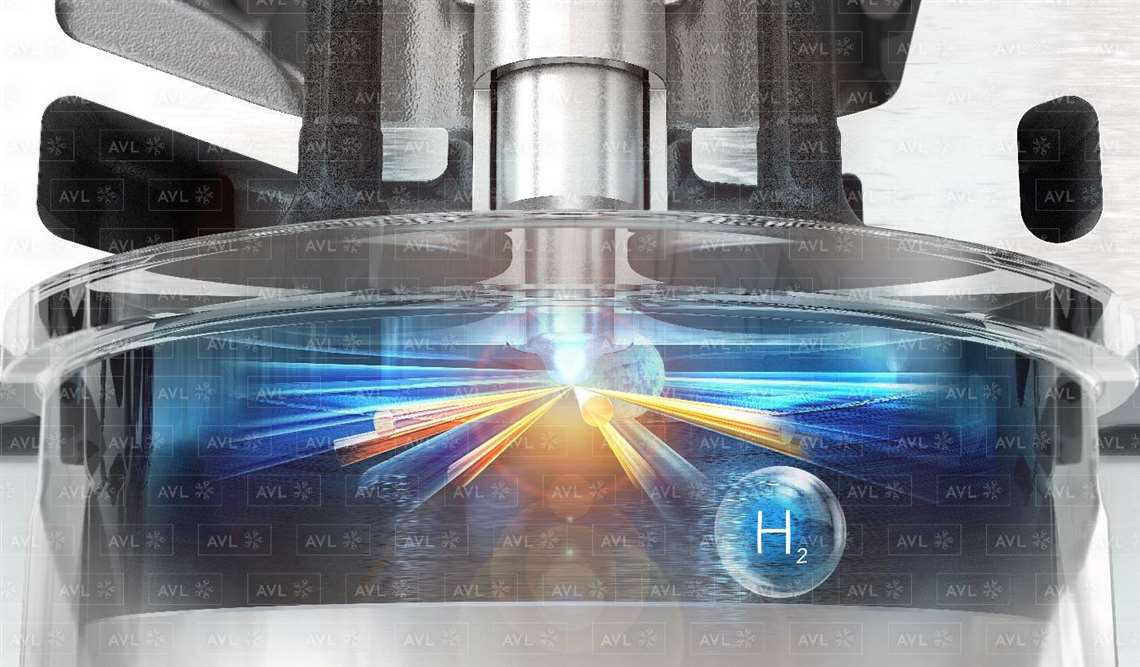Westport, AVL assess TCO of hydrogen engines
26 February 2021

Westport Fuel Systems Inc. has released a joint publication with AVL List GmbH entitled “Total Cost of Ownership (TCO) Analysis for Heavy Duty Hydrogen Fueled Powertrains.”
The paper, authored by Sandeep Munshi and Gage Garner of Westport Fuel Systems and Helmut Theissl, Franz Hofer and Bernhard Raser of AVL List GmbH, presents the case for Hydrogen (H2) use in an internal combustion engine (ICE) with Westport Fuel Systems’ patented HPDI 2.0 fuel system, as a cost-competitive near-term pathway to reduce CO2 emissions to near-zero from on-road long-haul transportation. The paper undertakes a comprehensive TCO analysis, applying inputs from Westport Fuel Systems HPDI hydrogen (H2-HPDI) simulations and HPDI 2.0 operating costs with AVL’s existing TCO models for diesel and fuel cell powertrains.
Specifically, the modelling-based analysis indicates H2-HPDI has the potential to achieve fuel economy close to that of a FCEV for heavy duty applications, due to itsefficiency at both part and full loads. The H2-HPDI leverages Westport’s existing Westport HPDI 2.0 technology and can be integrated into every heavy duty diesel engine platform, thus achieving scale quickly. The combined high efficiency and lower system costs relative to fuel cell electric vehicles, make H2-HPDI the most capital efficient means to use hydrogen and lower CO2 emissions near term and has the potential to remain competitive with fully industrialized FCEV in the future. With the short time to market and the competitive TCO, H2-ICE will be an accelerant for H2 infrastructure growth.
The full text of the publication can be found on Westport Fuels Systems’ website here and on AVL’s website here.
“Our analysis shows that a high efficiency hydrogen ICE powertrain (namely H2-HPDI) can outperform fuel cell electric vehicles in terms of TCO,” said David Johnson, CEO of Westport Fuel Systems. “This is possible because H2-HPDI leverages powertrain systems in high volume production today, while achieving near fuel cell-like efficiency in heavy duty applications.
“Fleets will appreciate a product that meets the same performance characteristics of today’s conventional diesel trucks without the product development risk and costs associated with fuel cells. HPDI 2.0 is already used by large fleets today, reducing CO2 by 23% with fossil LNG, and delivering net zero carbon emissions when used with bioLNG.”



